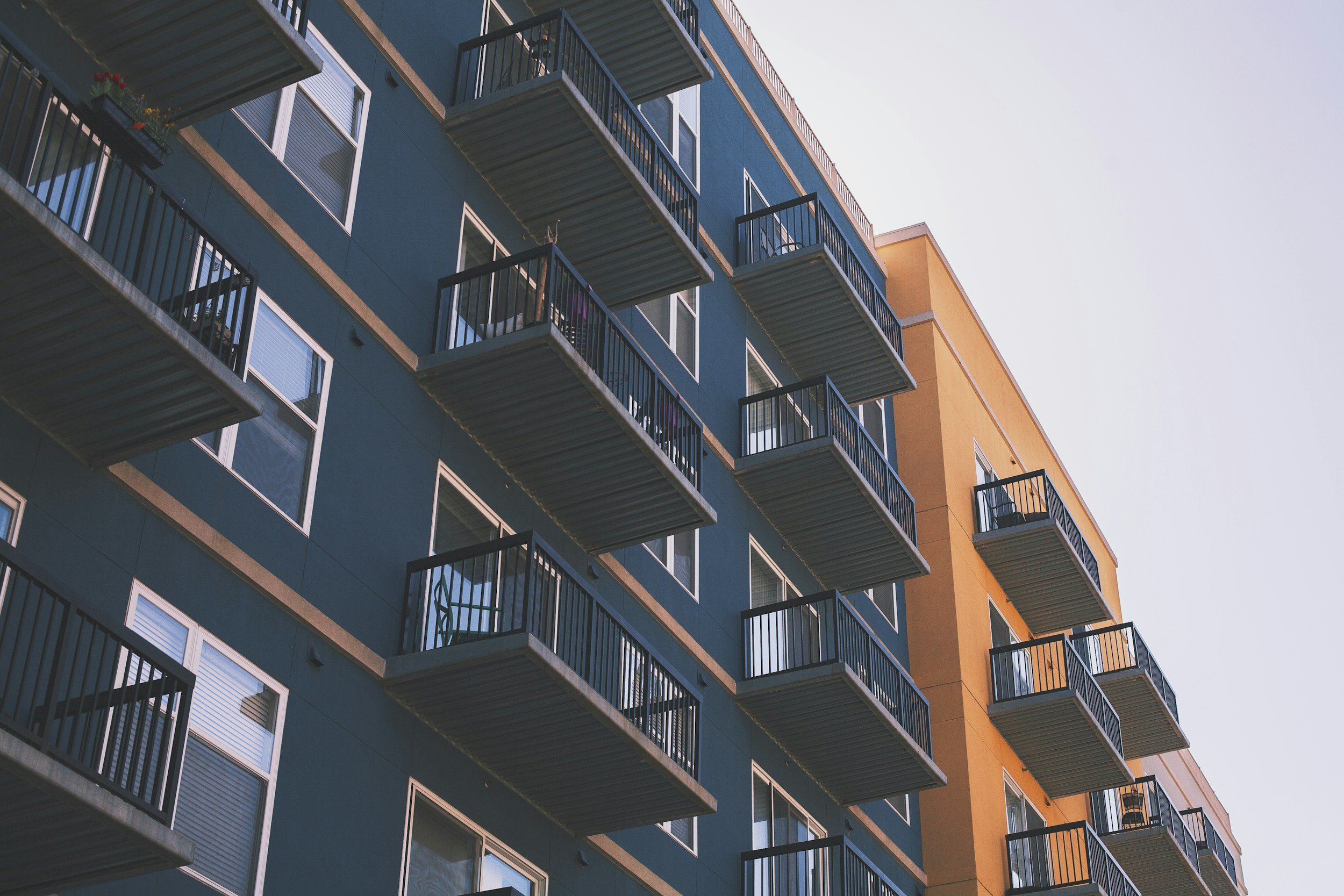
Understanding Reserve Fund Studies
What is a Reserve Fund Study?
A Reserve Fund Study is a long-term financial planning report that evaluates the current and future capital replacement costs of a property’s shared components and infrastructure. It ensures that condominium corporations, co-ops, and other multi-unit properties have adequate funding for major repairs and replacements over time.
Reserve Fund Studies help property owners and managers plan for capital expenditures, reducing the risk of unexpected financial shortfalls or special assessments.
Key Components of a Reserve Fund Study
Physical Assessment – Inspection of major building systems and components (roof, HVAC, elevators, parking, windows, etc.) to determine their remaining useful life and expected replacement costs.
Financial Analysis – Evaluates current reserve fund balances, historical contributions, and projected future funding needs.
Funding Plan & Recommendations – Establishes a structured funding strategy to ensure the reserve fund remains adequately funded over time while minimizing financial strain on unit owners.
What is Included in a Reserve Fund Study?
Building Envelope & Structure – Roofing, exterior walls, windows, doors, balconies, foundations.
Mechanical & Electrical Systems – HVAC, plumbing, elevators, lighting, fire suppression, water systems.
Common Areas & Amenities – Hallways, lobbies, fitness centers, pools, recreation rooms.
Site Elements & Landscaping – Parking lots, driveways, sidewalks, fencing, irrigation, drainage.
Capital Replacement Schedule – Estimated timelines and costs for major repairs and replacements.
Reserve Fund Balance & Projections – Current financial health and future funding requirements.
Why is a Reserve Fund Study Important?
Prevents Financial Shortfalls – Ensures sufficient funds are available for major repairs and replacements.
Avoids Special Assessments – Reduces the risk of unexpected lump-sum payments from property owners.
Ensures Compliance – Required by legislation in most provinces and territories for condominiums.
Protects Property Value – Well-funded reserves maintain the long-term value and upkeep of the property.
Aids in Financial Planning – Provides a clear funding roadmap for condominium boards and owners.
When Should a Reserve Fund Study Be Conducted?
Initial Study – Typically required within the first few years of a condominium’s establishment.
Regular Updates – Every 3 to 5 years, as required by law or recommended by best practices.
After Major Renovations or Repairs – To adjust funding projections based on updated costs.
A professionally conducted Reserve Fund Study helps property owners plan ahead, maintain financial stability, and ensure long-term sustainability for shared properties.
